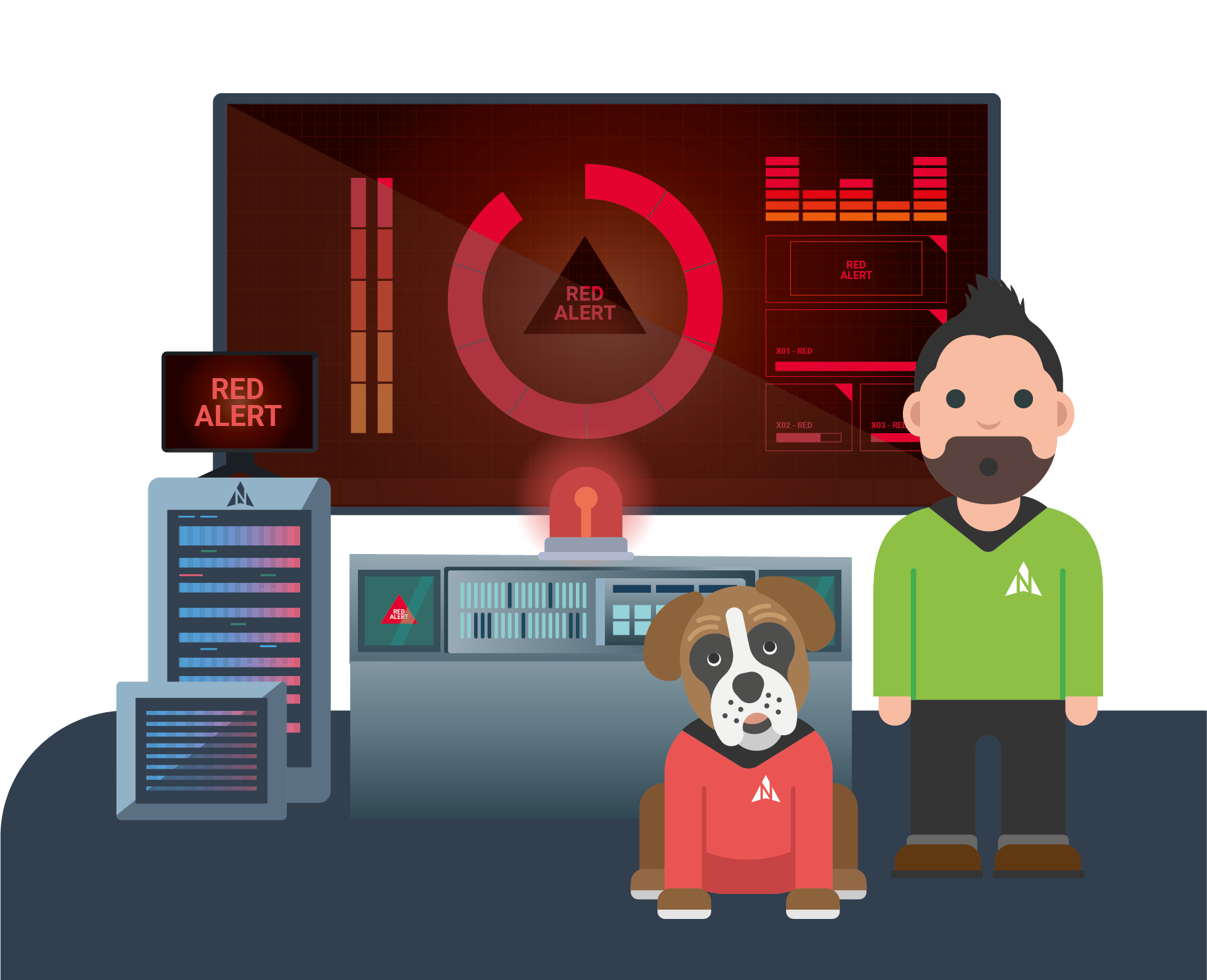Let me translate this –
If you more than busy trying to keep up with the current pace of your business, it is unrealistic to think you will have the time to understand what technology is right for your company. They key – as in all of the challenges – is to find the right partner who can do this for you, while you focus on what you do best.
So, your new product or service has hit its stride and you are gaining droves of new and returning customers. You now need to hire more people to help keep up with the demand. Create a new infrastructure to store customer data, process it efficiently and effectively communicate with staff and customers alike. Put systems into place to manage workflow, consider Customer Relationship Management tools. Your Google shared drive or free trial Dropbox account probably isn’t going to cut it any more.
Congratulations!
And, welcome to the next phase of your business. It’s a challenging one, especially when it relates to technology.
Step one should be to go get an IT Services Consultant, who has helped other small businesses do this before and one who has a good understanding of a wide-range of technologies, which will help your business successfully evolve and grow.
The choices you make now – will dramatically affect cost, performance, integration, ease of use, security, compatibility and many other business variables related to IT.
Thinking ‘Big Picture’ from a technology perspective will help to prevent having an IT infrastructure installed, which may not be fit for the future. The pain and costs that go along with undoing what you decided at this stage can be crippling further down the line.



